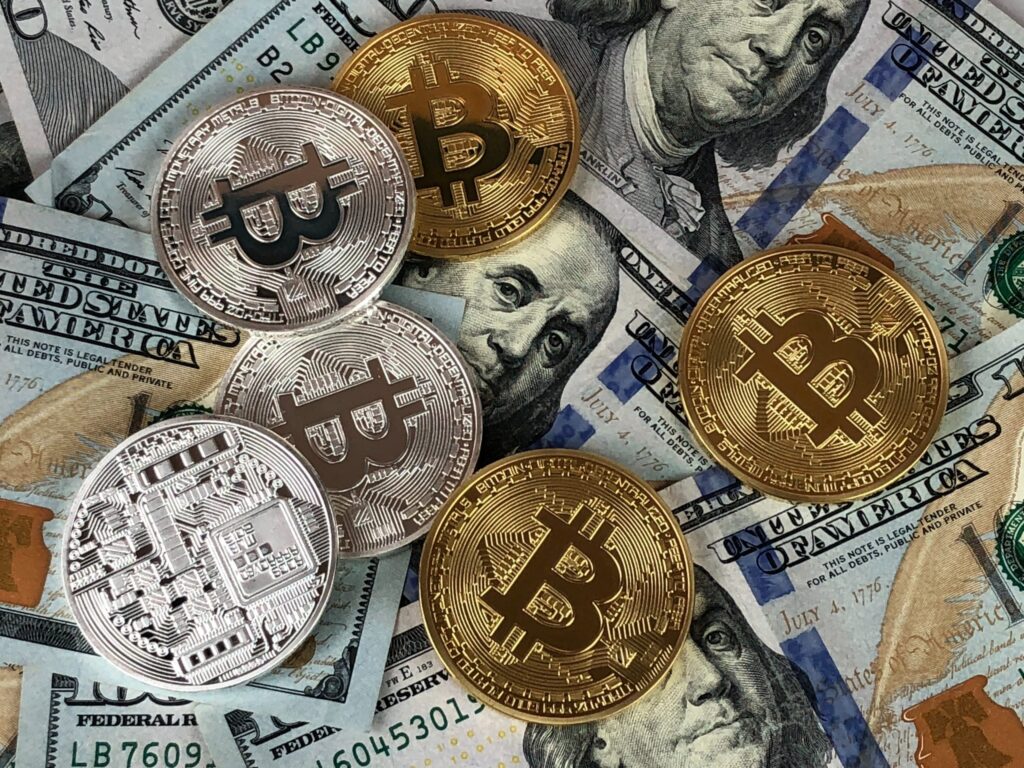You all must have heard about Bitcoin (BTC), Ethereum (ETH), and Litecoin (LTC). As their technology progresses to success, different new ways are found by financial criminals to take advantage of it through money laundering. Crypto has come a long way to completely match traditional financial channels in terms of its volume when it comes to prize redemption. Due to this, it is becoming one of the easiest means for a criminal to collect, store, and clear criminal proceeds every day. There are many areas where criminals use these digital currencies for lack of control and regulation. There are many examples available where criminals use crypto to black money using different techniques. While there are still some regulations to be discussed, the economic changes can already be noticed by people according to Brexit Millionaire .

As criminals are generally quick to adapt to technological advances with financial transactions such as crypto, financial institutions and regulators must be more proactive in combating abuse of any kind. All regulators need to focus their attention on creating effective regulations related to the crypto space as well as promoting the use of technology for the thorough detection of any type of crime. In the meantime, these new methods of transacting should give financial institutions time to build some technology to prevent money laundering.
A global problem
Crypto, including BTC, may be able to make it easier for criminals to obscure the source of criminal income and move completely illegal money across borders without any identity. As seen in recent reports, crypto is increasingly being used by almost all criminals around the world for money laundering. Recently there are some cases that have come to the fore. let’s see
In the UK, a thorough money-laundering investigation has resulted in the largest seizure of crypto assets ever. About £114 million in crypto assets have been seized in an investigation into money laundering crimes by specialist detectives from the London Metropolitan Police Economic Crime Command. Which has come out as the biggest seizure in the country. More than 1,100 suspects were arrested by China while investigating crypto money laundering. China’s Ministry of Public Security, its law enforcement, has arrested more than 1,100 people on suspicion of using crypto to launder illegal income through Internet and telephone scams.
In Hong Kong, a planned crypto money-laundering plan of up to $1.2 billion was also busted. On July 15, Hong Kong Customs said they had arrested about four people for a suspected money-laundering syndicate. Various local bank accounts were opened by those four people and each transaction was done through crypto exchanges.
If we use crypto to transact
Talking about its use, it has many advantages as well as many disadvantages. Generally speaking, criminals use all these loopholes for their profiteering and fraudulent activities. The Clearing Association of China and Payments had already announced that crypto “has become an important and easy channel for cross-border money laundering” as they are breath-taking, anonymous, global in nature as well as very convenient to process. Below are some of the key factors that make cryptocurrencies attractive for money laundering.
Lack of regulation:
If we talk about the traditional financial channel, it is highly legal and regulated and more protected around the world. Because of this, there are many countries where crypto is discouraged. This lack of regulation and universal protection has also been able to make it attractive as an effective means of cleaning up an illegal income for criminals.
Anonymity or pseudonym:
With the relative anonymity of every crypto transaction, many money-laundering operations have been made possible. There are many crypto exchanges and many wallet providers available that offer services with minimal anti-money laundering or know-your-customer rules.